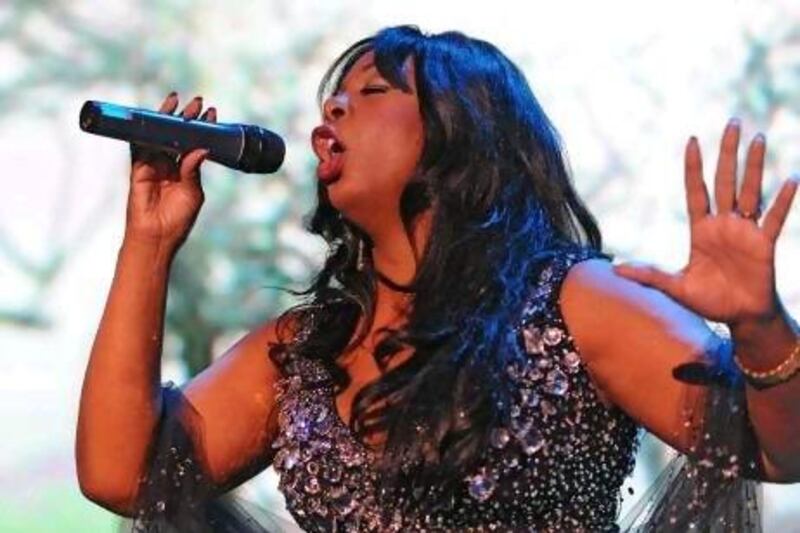It's been a desperately sad week for disco. Within four days of each other, two of its major protagonists, Donna Summer and the Bee Gees' Robin Gibb, died. The global outpouring of grief has been intriguing, reminiscent of a glorious period in the history of pop music. Disco, by its very nature, was celebratory, vibrant, colourful and escapist. Summer and the Bee Gees may not have invented the groove-led musical form, but without a doubt, they made it popular. In doing so, they changed music forever, and for the better.
The general consensus is that disco "began" in the clubs of late 1960s and early 1970s New York, such as David Mancuso's famous Loft and Nicky Siano's Gallery. These places didn't necessarily play the music we would come to recognise as disco - the DJs spun a melange of soul, funk and Latin – but in a city riven by social unrest, they became a safe haven where love and togetherness were prized as much as the unifying four-four rhythm which propelled the nights to a state of euphoria.
At that point the Bee Gees were dressed in smart suits, crooning slushy ballads. Donna Summer, meanwhile, was singing musicals in Germany. But this Manhattan-based sound, with its soaring strings, funk bass lines, horns and, most importantly, uplifting vibe, was infectious.
It was a move to Florida and an encounter with Ahmet Ertegun – who was the head of Atlantic, the record label they would later sign to – that first turned the Bee Gees on to disco's possibilities. But it was what they did with Jive Talkin'- their first disco hit – that really changed the landscape of pop. In marrying the feel-good groove coming out of the clubs with the songwriting nous they'd honed over 12 previous albums, they became the classic disco band. Melding cutting-edge sounds with a chart sensibility would be a trick repeated by everyone from New Order right up to the likes of Rihanna and Lady Gaga. Arguably, the Bee Gees paved the way.
Whether it was from a love of the scene or because of their new-found success will always be a moot point, but the Bee Gees immersed themselves in disco. All of a sudden, they became flamboyant followers of fashion, sporting flared trousers, ultra-tight, unbuttoned polyester shirts and platform shoes. Of course, The Beatles had the unified look a decade earlier, but it was the Bee Gees who seemed to trademark the fashions of an entire scene. Dressing up pop stars became cool and has remained so ever since.
It's no surprise, then, that the Bee Gees were also involved in disco's commercial peak with John Badham's 1977 film Saturday Night Fever. John Travolta gyrated in his white polyester trouser suit to Stayin' Alive, How Deep Is Your Love, Night Fever and More Than a Woman – surely the best four opening tracks in original soundtrack history. It remains the seventh biggest-selling album ever made and is often cited as the first example of cross-media marketing: next time you're heartily sick of the Glee soundtrack before the new series has even started, blame Saturday Night Fever.
Of course, the explosion of mainstream interest that Saturday Night Fever engendered meant disco rose to near total ubiquity and swift, inevitable backlash. Initially, it seemed that time would not treat these high fashions and high voices kindly. But it was Donna Summer's 1977 collaboration with the producer Giorgio Moroder, I Feel Love, that really pointed the way to pop music's future.
Listen to that track now – the first big hit to be wholly synthesised – and it still sounds thrillingly modern. David Bowie tells the story of Brian Eno rushing to play him I Feel Love, excitedly predicting it would change the course of club music for the next 15 years. Disco may have died in name by the early 1980s, but its constituent parts are still present in house music, in pop, in techno and even hip-hop.
Of course, I Feel Love sounds nothing like Jive Talkin'. But that was the beauty of disco: its basis in the ideals of dance-floor unity and hedonism meant it could be all things to all people. And it's why, decades on, dance music is pop music – which is the Bee Gees and Donna Summer's greatest achievement of all.





